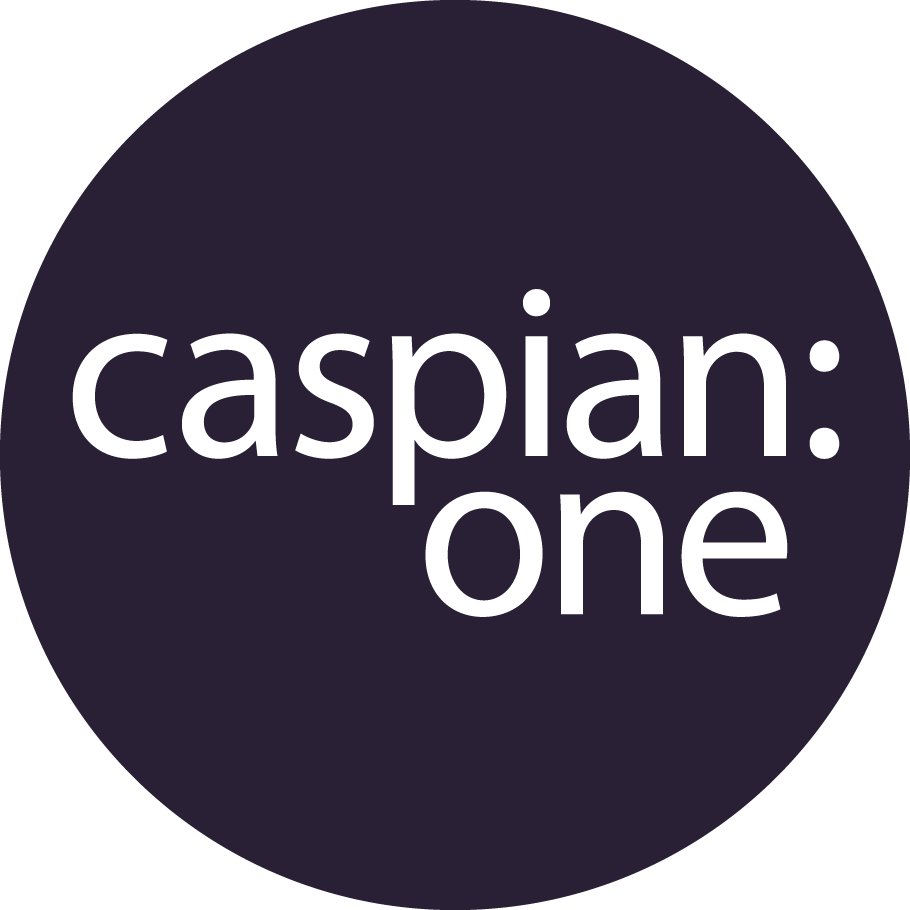WILL ROBOTS HELP YOU FIND YOUR NEXT JOB?
“Virtually all CEO’s (90%) believe their company is facing disruptive change driven by digital technologies, and 70% say their organisation does not have the skills to adapt.”
- Deloitte 2017 [1]
Unless you’ve been living under a rock for the last few years, you’ll be aware of the hype surrounding the rise of robots, AI, machine learning, and automation. More and more every day, these technologies are being implemented by businesses, with a focus on improving agility, speed, and efficiency. To the point that up to 30% of UK jobs could potentially be at high risk of automation by the early 2030s, lower than the US (38%) or Germany (35%) [2].
The recruitment industry is by no means an exception to this movement. Although we are still in the earlier stages of tech disruption, the fact that the global staffing market grew by 5% in 2017, whilst online staffing platforms are growing between 40-60% per annum (referencing Staffing Industry Analysts), shows where the market is heading.
Another example comes from one of the largest consumer goods companies in the world, Unilever. To diversify their candidate pool, Unilever ran an experiment in which 90% of the applicant sourcing and sorting process was automated - which a human only being involved at the final interview stage.
Candidates saw Unilever jobs on social media and career sites, and could then apply on Unilever’s website, with the option to pull in data from their LinkedIn account. Algorithms then scanned the applications to predefined requirements, removing over half of the candidates. Those that made it past this stage went on to play a set of algorithm-based games designed to assess and match applicants, drawing from neuroscience practices.
They were then required to submit a video interview - which was then assessed by the AI video intelligence platform HireVue; it was only after this stage that candidates finally had a face-to-face interview - with Unilever reporting that new hires were of the same or greater caliber as those handpicked by human managers in the past [3].
So is this the end - should recruiters pack up and move on, in the knowledge that automated processes will soon take over?
No - not in the foreseeable future anyway.
Whilst all of this technology is incredibly exciting and full of tremendous potential, it's current successes all focus on the automation of processes rather than a truly intelligent approach.
The Unilever example does represent how algorithms and automation can support aspects of the hiring process, however, the candidates targeted were only recent graduates applying for entry-level roles - so the level of job qualification was minimal.
When you start to look at prestigious roles with complex technical and experience-based requirements, the story is very different. Whilst we know the jobs market is changing and younger candidates prefer speaking with chatbots during their initial research stages - this is not the case across the board, and a human connection point between candidates and clients remains a vital addition.
It’s a human recruiter’s ability to look beyond the data and foster a positive employment experience that differentiates them from the bots. Even the finest AI cannot yet, think creatively and gain a real, emotional understanding of both a client’s requirements and a candidates long-term needs.
So what changes are coming?
In the short term, if you're applying for new opportunities you should expect to see an increase in the use of technology during the hiring process. For some, this will be as simple as the use of Skype or similar platforms for video interviews [4] - or the support of chatbots when exploring new job listings.
On the subject of video interviewing, platforms like HireVue that use predictive AI and psychological algorithms to assess candidates, are gaining traction so are likely to play more of a part in the future.
For technology professionals, gamification and online testing is becoming a regular part of the application process. It’s now common practice for developers now to be tested on platforms like HackerRank, Codility and CodePad to assess skill levels, speed and coding efficiency, before progressing to the final interview stages.
However, while we’re certain technology will steadily force recruiters to change their approach, there will always a place for humans in the process, with candidates and businesses looking to recruiters for support, advice, guidance and partnerships that result in long-term successes. Established relationships and deep understanding of the true drivers of candidates and clients, still remain very much in human hands.
Will robots help you find your next job?
Find it and apply, possible - but the rest requires a human touch!
References:
Deloitte Global Human Capital Trends, http://bit.ly/humcap2017
Will robots steal our jobs? https://www.pwc.co.uk/economic-services/ukeo/pwcukeo-section-4-automation-march-2017-v2.pdf
http://fintech.caspianone.co.uk/news/5-best-practices-for-skype-interviews/171


